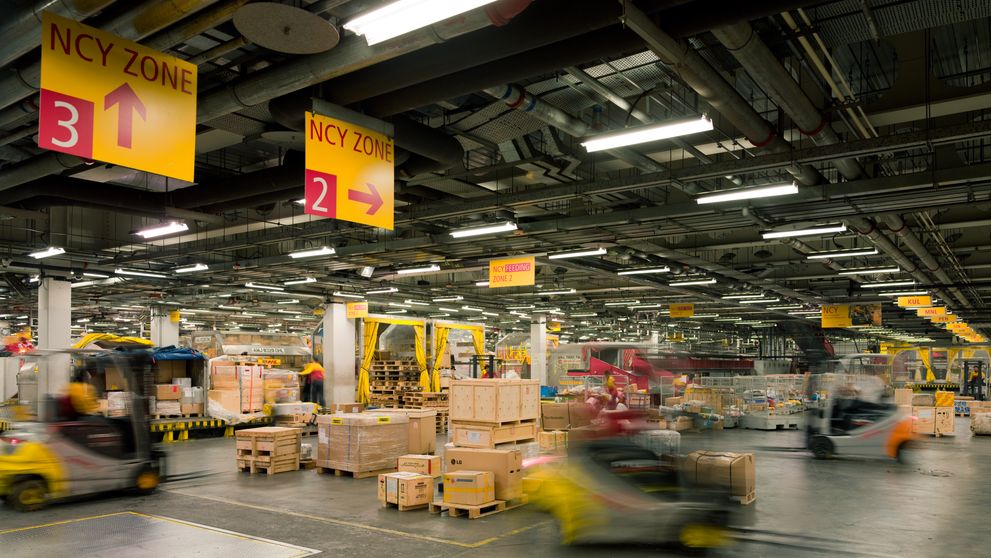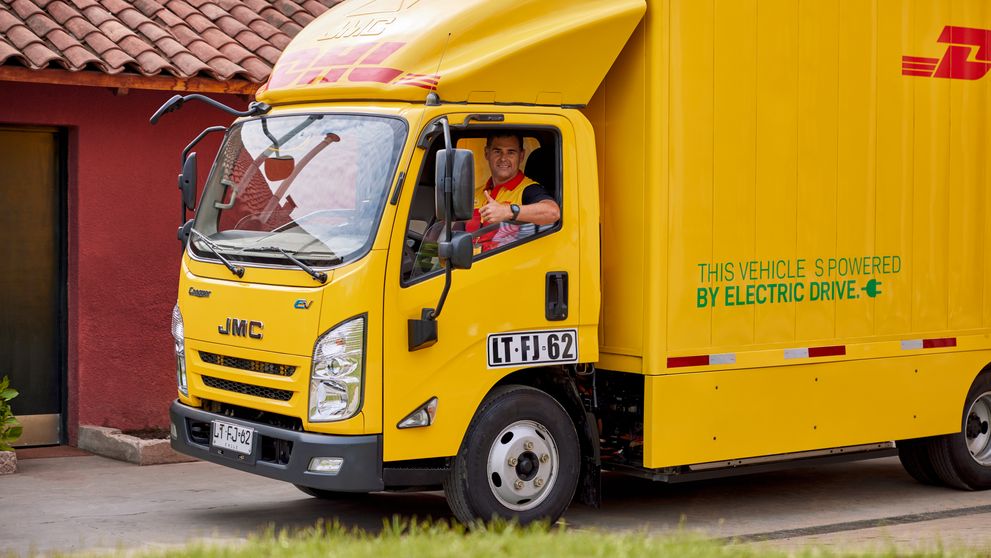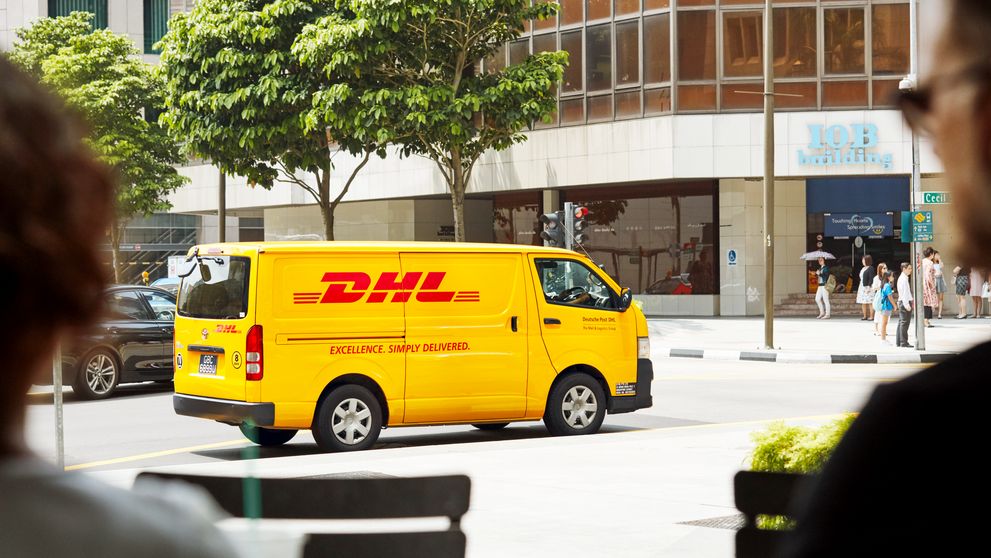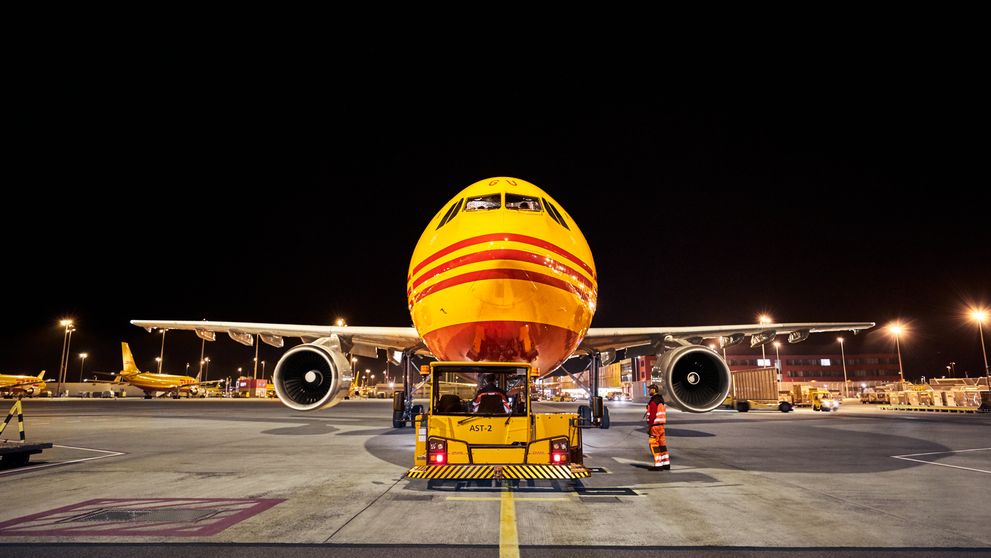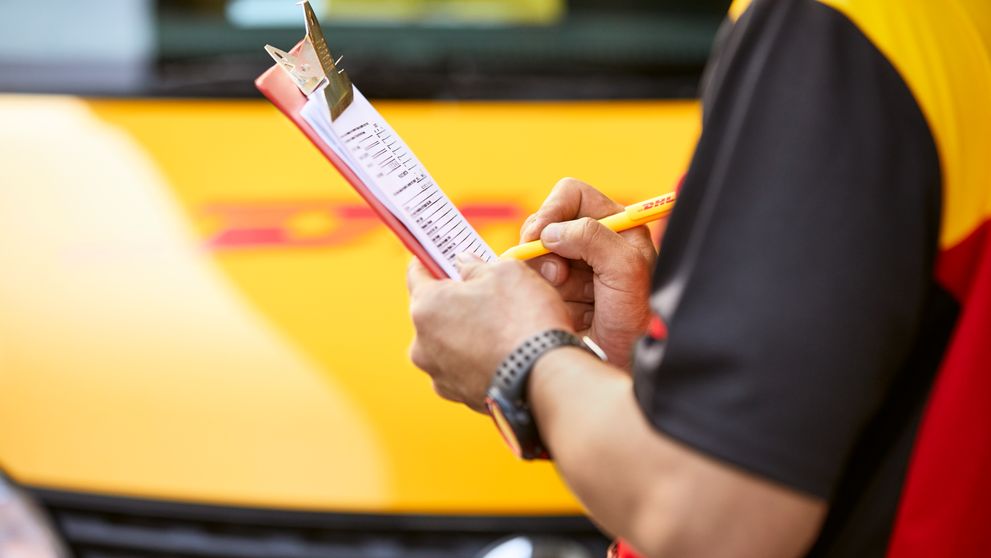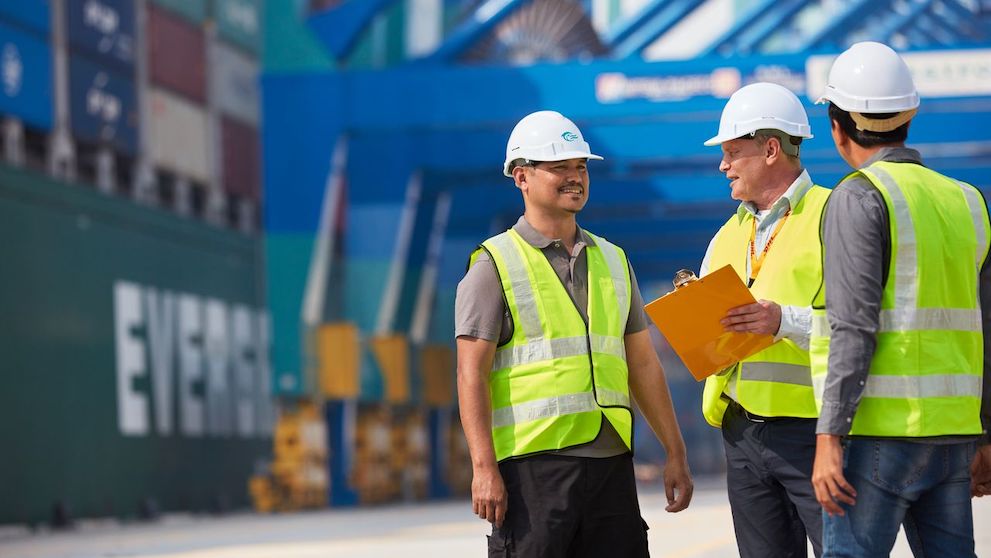Indonesia's economy is significantly shaped by international trade, with imports playing a vital role in meeting domestic demand and fueling various industries. The nation's import value, reaching a noteworthy US$19.59 billion in November 2024, reflects the current trend of substantial goods flowing into the country.1
For businesses involved in this flow, navigating the Indonesian import landscape requires a thorough understanding of the applicable regulations. A critical aspect of this is grasping the complexities of import duties and taxes in Indonesia to ensure compliance and avoid unforeseen costs that could impact profitability and operational efficiency.
Types of customs duties and import taxes in Indonesia
There are different types of customs duties and taxes levied on imported goods. These include the following:
Import duty (Bea masuk)
Generally, import duties are a tax applied to goods brought into Indonesia. However, to delve into what exactly a duty on imported goods is, it is basically a government-imposed charge aimed at making imported items more expensive to support local businesses and raise government funds. These duties vary widely, ranging from 0% to 150%, allowing the government to tailor charges based on the type of goods2.
The calculation of these duties is based on the CIF method—Cost, Insurance, and Freight—which considers the total value of the goods, including their purchase price, shipping costs, and insurance. Not sure how to calculate import duties? Consider this example—if a shipment of textiles is valued at US$5,000 CIF and the applicable duty rate is 15%, the import duty would amount to US$750.
Value-added tax (VAT or PPN)
Value-added tax or VAT, is a tax applied to the value added at each stage of the supply chain. The standard VAT rate for importing taxable goods and services in Indonesia remains at 11%. However, starting 1 January 2025, luxury goods will be subject to a 12% VAT3. To balance this, staple foods such as rice, fish, meat, and vegetables remain exempt from VAT, ensuring affordability for consumers4.
To further promote international trade, VAT on exports of both tangible and intangible goods is set at 0%. This encourages Indonesian businesses to be more competitive in the global market5.
Luxury goods sales tax (PPnBM)
Besides VAT, Indonesia imposes a Luxury Goods Sales Tax on specific items like motor vehicles when they are imported or supplied by manufacturers. The tax rates for these items can be as high as 95% and as low as 10%6.
Comprehending and managing these high tax rates is essential for businesses that import or deal in these luxury items. They impact how they price their products and strategize for the market, ensuring they remain competitive while making a profit.
Understanding import tariffs in Indonesia
Import tariffs are essential components of Indonesia's economic policy. But what is a tariff, and how does it work?
Let’s explore the key elements that significantly influence the cost and flow of goods across borders.
Harmonized commodity description and coding system (HS Code)
The HS Code is a globally standardized system of names and numbers used to classify traded products. Each product is assigned a unique code, which customs authorities worldwide use to identify products when assessing duties and taxes. Essentially, it's a universal language for trade, ensuring uniformity and simplifying international commerce.
To determine the correct HS Code for your product, you can check your country's official government website or use online tools like DHL Express's MyGTS (Global Trade Services).
Most-favored nation (MFN) tariff
A Most-Favored Nation tariff is a non-discriminatory rate a country grants to all World Trade Organization (WTO) members unless preferential trade agreements exist with specific countries. It ensures that imports from all member countries are treated equally, with the lowest tariff rate extended to all.
In Indonesia, the average MFN-applied tariff rate was 8.1%7. This level playing field allows businesses importing from countries without specific trade agreements to be on an equal footing within the Indonesian market.
Preferential tariff
Indonesia engages in various Free Trade Agreements (FTAs) that provide preferential tariffs to specific countries, offering lower or even zero tariffs compared to standard Most-Favored Nation (MFN) rates.
These preferential tariffs are designed to facilitate easier access to foreign markets by reducing the cost barriers typically associated with importing goods. As a strategic tool, preferential tariffs encourage trade with partner countries, helping to increase the volume of exports and imports, which in turn supports economic growth and diversification.
Pre-entry classification (classification ruling)
Pre-entry classification involves assessing imported goods before they enter a country to determine if they qualify as originating from a trading partner and are eligible for preferential tariff treatment under FTAs.
This advance assessment ensures that all goods are correctly categorized according to the applicable customs regulations, helping importers understand the import duties and taxes they will be liable for.
By obtaining a classification ruling from customs authorities, which requires submitting detailed product information, importers can ensure compliance and avoid delays, making the process more efficient and cost-effective.
Streamline your import operations with DHL Express Indonesia

Navigating the landscape of import duties and taxes in Indonesia can be complex. However, understanding each component is essential to accurately declare the value of your goods to customs. This accuracy is critical to avoid penalties from Indonesian authorities and disrupt your operations.
Beyond accurate declarations, ensuring complete import documentation is non-negotiable. Incomplete or incorrect paperwork can lead to substantial delays, which can translate into extra costs. For instance, inadequate documentation could result in your goods being held in a bonded warehouse. In such cases, fees start accumulating daily after an initial grace period of only three days, adding significant unexpected expenses to your operations.
If you need more help understanding what the different taxes on imported goods are or how import taxes actually work, DHL Express Indonesia is your trusted partner in navigating the intricate world of international trade logistics. Our import and export specialists can expertly guide you through the process, providing valuable shipping advice along the way. Whether you need assistance on how to calculate duties and taxes or any other import-related queries, we are here to help.
Open a business account with DHL Express Indonesia today and take advantage of our international shipping services. Whether you are importing to Indonesia or exporting overseas, we ensure your trade processes are efficient and compliant.
1. Business Indonesia. 17 December 2024.
2. PwC. 23 December 2024.
3. Reuters. 31 December 2024.
4. Jakarta Globe. 16 December 2024.
5. ASEAN Briefing. 22 May 2023.
6. Worldwide Tax Summaries. 23 December 2024.
7. International Trade Administration. 9 January 2024.




